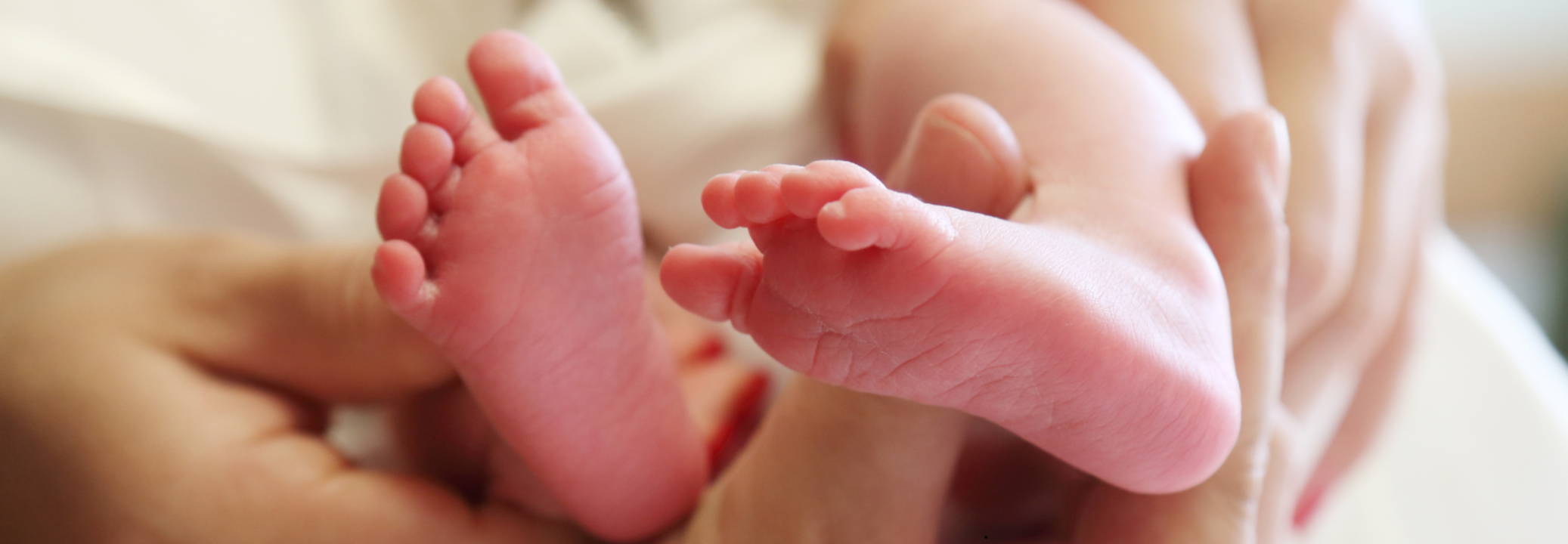US Fertility Rate Remains Below Levels Needed To Sustain Population Growth

Credits: Canva
SummaryU.S. birth rates remain low despite a slight rise in 2024, raising concerns about long-term population decline, economic impact, and future caregiving challenges.
End of Article
